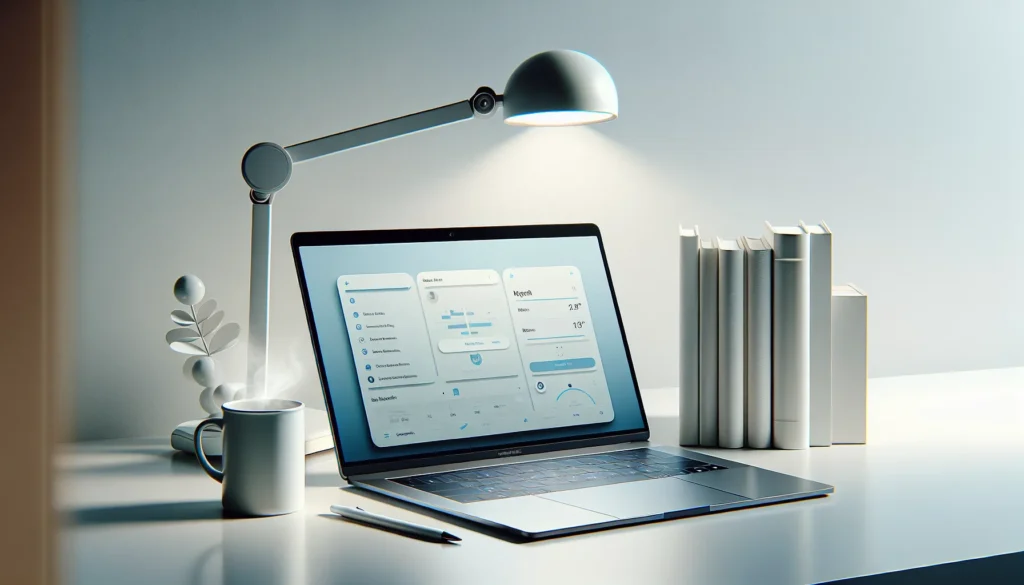Last Updated on
Starting a WordPress Website? 4 Tips for Beginners
Embarking on your WordPress journey can be a daunting task, but it doesn’t have to be when armed with knowledge from seasoned professionals. This article distills the wisdom of industry experts into practical tips for beginners tackling their first WordPress project. Avoid common pitfalls and start on solid ground with guidance tailored for those new to the scene.
- Master The Basics First
- Familiarize Yourself With WordPress Codex
- Focus On Content First
- Start With A Clean Theme
Master The Basics First
If you’re just starting out with WordPress, my best advice is to master the basics first–focus on understanding themes, plugins, and how to manage content. WordPress is incredibly powerful, but it can feel overwhelming in the beginning due to the vast array of features and options. Start by choosing a simple, well-documented theme that suits your needs and learn how to install and customize it. Understanding how plugins work and which ones are essential for your site’s functionality will also save you time in the long run.
One resource I highly recommend for beginners is the official WordPress support site, where you’ll find tutorials and guides for everything from basic setup to advanced features. Additionally, WordPress forums and YouTube channels dedicated to WordPress tutorials are great for finding solutions to specific issues. Starting with small, manageable projects will help build your confidence, and as you progress, you can explore more advanced topics like SEO optimization, custom coding, or e-commerce features. Patience and practice are key, so don’t rush the learning process.
 Georgi Petrov
Georgi Petrov
CMO, Entrepreneur, and Content Creator, AIG MARKETER
Familiarize Yourself With WordPress Codex
Diving into WordPress can be an invigorating experience as it opens up a world of possibilities for creating and managing content online. For beginners, one of the most useful places to start is to familiarize yourself with the WordPress Codex. This is the official manual for WordPress users and it contains everything from basic introductions to detailed programming resources. It’s a treasure trove of information that can answer nearly every question you might have about the platform.
Beyond just reading, another significant piece of advice is to actively engage with the WordPress community. There are numerous forums, social media groups, and even local meetups where experienced users share their insights and solutions. These communities are incredibly supportive to newcomers and can provide real-time help and guidance. Remember, every expert was once a beginner, and they often love to help others climb up the learning curve. Engaging actively within these circles not only accelerates your learning but also helps in networking and discovering new opportunities.
 Alex Cornici
Alex Cornici
Writer, Insuranks
Focus On Content First
Don’t overthink your stack. Most beginners fall into the rabbit hole of plugins, themes, page builders, and tutorials before they’ve even written a line of content. That’s a trap. WordPress is powerful, but it can get messy fast if you treat every shiny plugin like a must-have.
Here’s what I tell anyone starting: pick a clean, fast theme (like GeneratePress or Astra), install only the plugins you need, and focus on publishing. Content first, polish later. You can fix the design. You can optimize speed. But if you don’t start building something, you’re just stuck in setup mode forever.
As for resources: skip the generic YouTube noise and go straight to WPBeginner or the official WordPress docs when you need clarity. But more than anything, get your hands dirty. Set up a sandbox site, break things, and figure out how to fix them. That’s where the real learning happens.
 Alexey Karnaukh
Alexey Karnaukh
Co-Founder, LinkBuilder
Start With A Clean Theme
Start with a clean theme and skip the bloated page builders. I’ve seen too many creators get stuck fixing slow sites because they loaded five plugins before uploading a single photo. Keep it simple. Use something like Astra or Kadence—it looks clean and loads fast.
If you’re lost, hit YouTube. WPBeginner has solid tutorials. I also recommend learning the block editor early. It’s easier than it looks, and once you get it, you can build pages without hiring a developer. WordPress feels big at first, but you don’t need to learn it all to launch something great. Just start with what you need.
 Natalia Lavrenenko
Natalia Lavrenenko
Ugc Manager/Marketing Manager, Rathly




